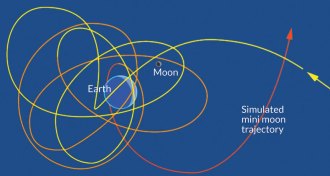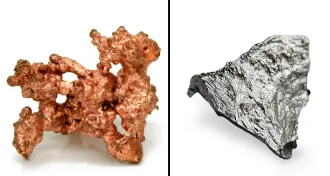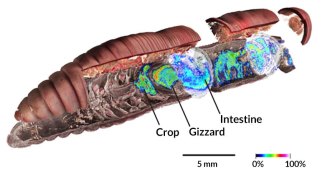All Stories
-
 Earth
EarthNepal quake’s biggest shakes relatively spread out
The seismic rumblings of the April 25 Nepal earthquake were mostly in low frequencies that are more likely to collapse large structures, new research suggests.
-
 Animals
AnimalsFirst known venomous frogs stab with toxin-dripping lip spikes
Two Brazilian frogs jab foes with venoms more deadly than pit vipers'.
By Susan Milius -
 Life
LifeChemical magic transforms skin cells into nerve cells
Just a few chemicals can transform skin cells from Alzheimer’s patients and healthy people into nerve cells.
By Meghan Rosen -
 Life
LifeSource of liver’s ability to regenerate found
Scientists have identified stem cells behind the liver’s legendary ability to replenish its tissue.
By Nathan Seppa -
 Animals
AnimalsParasitic wasp larva gets more than a meal from its spider host
Parasitic wasps coerce spiders to construct strong supports for cocoons.
-
 Planetary Science
Planetary ScienceQuest to trace origin of Earth’s water is ‘a complete mess’
Understanding the origin of Earth’s water is hard enough, and it’s made harder by not knowing where all that water is hiding.
-
 Planetary Science
Planetary ScienceMini moons may zip around Earth
Mini moons may buzz around Earth, and they make great targets for space missions.
-
 Materials Science
Materials ScienceBuckyballs turn on copper’s magnetism
Exposure to buckyballs bestows ironlike magnetic properties onto the normally nonmagnetic metals copper and manganese.
By Andrew Grant -
 Chemistry
ChemistryPlants’ ‘don’t-eat-me’ chemicals no problem for earthworms
Newly discovered gut compounds called drilodefensins allow earthworms to pack in plant debris loaded with hazardous chemicals.
By Beth Mole -

-

-
 Quantum Physics
Quantum PhysicsQuantum communication takes a new twist
A three-kilometer transmission of light above the Vienna skyline demonstrates that scientists can use the twistiness of light to encode delicate quantum information.
By Andrew Grant